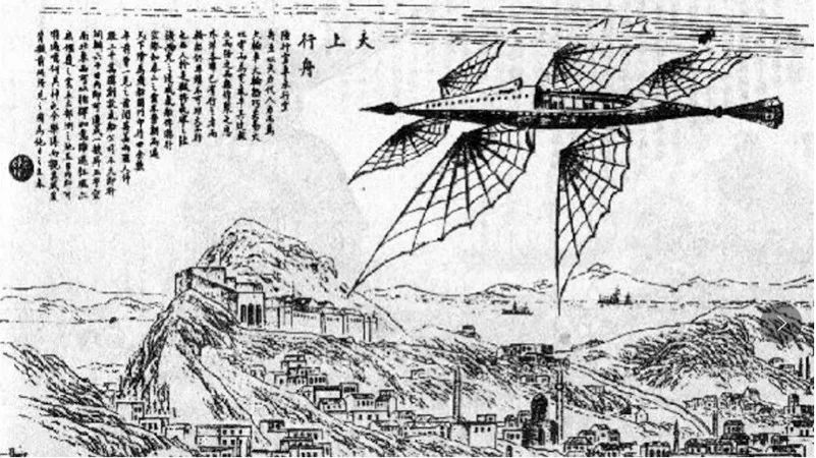Abstract
This paper discusses Xu Nianci’s strategies for promoting his political and feminist ideas in the feminist utopian novel Qingtian zhai and contextualizes these discussions in late Qing progressive intellectuals’ efforts for national salvation. In the novel, Xu imagines a utopian future for China and depicts highly metaphorical dreams about sleeping Chinese, dark prisons, and bloody massacres. These are his strategies to criticize China’s backwardness, social injustices and people’s numbness toward and desire for escapism from national crises. He also uses them to appeal to the public for deeper patriotic commitment. As a supporter of women’s rights, he fakes female authorship for Qingtian zhai to encourage women to become writers. In the story, he portrays major female characters as female heroines and constructs a women’s sphere bonded by a sisterhood based on a shared political goal. This paper also argues that Xu’s political and feminist agendas are radical but peaceful. He advocates revolution as a necessary solution but focuses more on peaceful reforms in political organizations, education, and publishing as support systems for revolution. He makes radical arguments for women’s rights but as a male author, his attention to women’s interests per se is not enough. He subordinates women’s issues to a nationalist agenda and proposes peaceful solutions to women’s problems such as marriage. He suggests collaboration as a solution by characterizing most male characters as supporters of women.

This work is licensed under a Creative Commons Attribution-NonCommercial-NoDerivatives 4.0 International License.
Copyright (c) 2024 Transnational Asia

